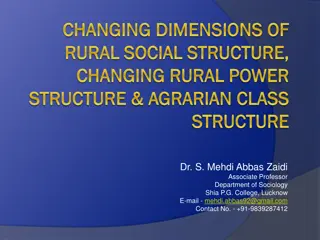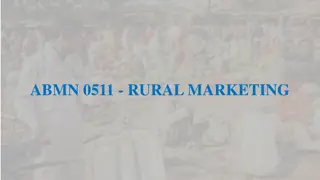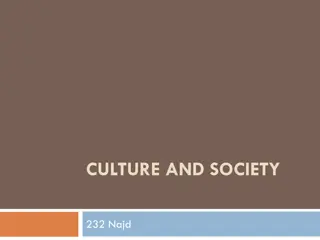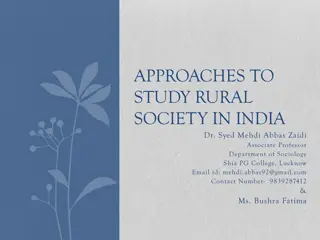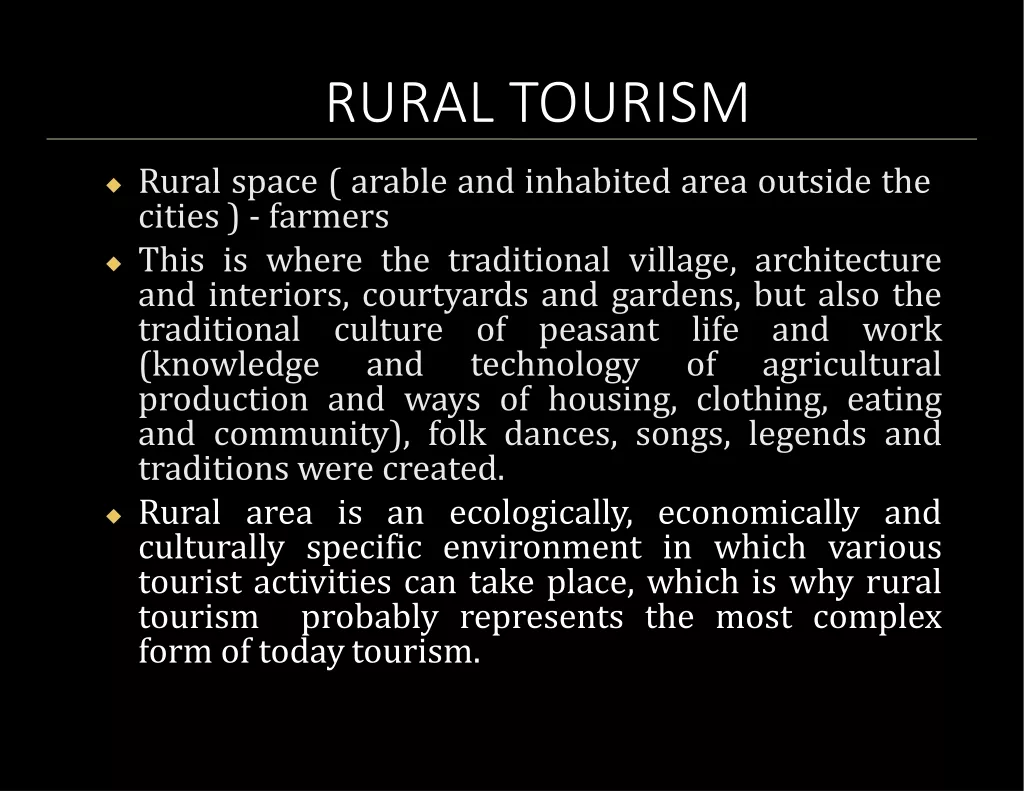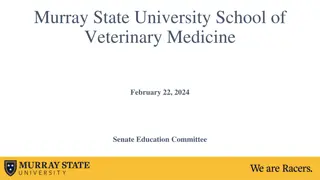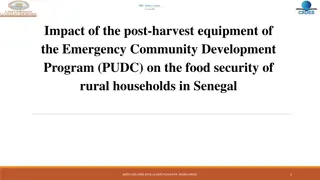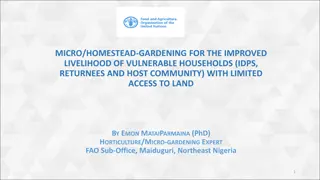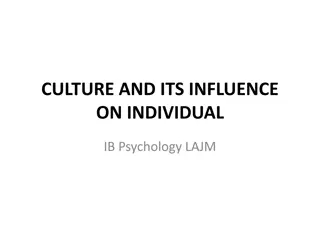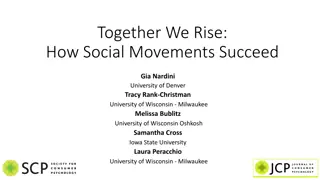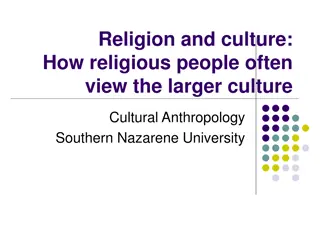Rural Culture, Social Values, and Norms in Nigeria
Explore the rich cultural diversity of Nigerian rural communities, focusing on settlement patterns, cultural practices of major societies (Ibo, Hausa, Yoruba), importance of culture, social values, norms, social institutions like family, religion, and government, and changes in social values over time.
Download Presentation
Please find below an Image/Link to download the presentation.
The content on the website is provided AS IS for your information and personal use only. It may not be sold, licensed, or shared on other websites without obtaining consent from the author. Download presentation by click this link. If you encounter any issues during the download, it is possible that the publisher has removed the file from their server.
Presentation Transcript
RURAL CULTURE, SOCIAL VALUES AND NORMS (FOLKWAYS AND MORES) Rural and Its culture would be discussed as well as the various views on the term rural area Another important aspect of the living conditions of most rural communities is the settlement pattern. They are of three (3) types: The isolated or dispersed type Nucleated Colonial type Culture as a pattern of learned behaviour and artefacts of a society shared by members of that society and transmitted to them would be reviewed; as well as the culture of the three (3) major societies in Nigeria namely, the Ibo, Hausa and Yoruba. Each of the societies has its own language, dressing code, mode of child socialization, marriage institute, and mode of dancing, singing, drumming and system of governance at the local level. Such cultural practices persist up till now. Although in urban areas, some people are adopting traits of other ethnic groups other than their own e.g. English dressing and speaking of English are major cultural traits in Nigeria.
Importance of culture in the rural areas 1. Culture is important with respect to the introduction of an innovation. 2. Culture influences the type of food consumed in most rural setting 3. The manner of greeting is influenced by culture in the rural areas 4. Culture influences the manner of addressing elders 5. Culture influences the manner of eating 6. Music and dance are an important aspect of culture 7. Culture influences dancing arrangements. 8. Dressing styles vary among the major ethnic groups. 9. Culture influences the type of language/dialect spoken Other sub topics to be discussed under culture would include: Cultural universals Cultural variability Cultural lag Rural social values The purpose of going into this aspect is to analyse the rural social values are what the rural inhabitant cherish or regard as important in their interaction with themselves and those they deal with. Some social values in the rural areas in Nigeria are: Respect for age
Preservation of virginity Regard for traditional authorities Claim of township as home Complete dressing Honesty Hard work. Social Norms Social norms are the standards of behaviour expected of members of a society. Each society has its own set of norms which members are expected to follow. Its violation often attracts punishment by the society. There are two types of norms Folkway mores Some important social norms among the Yorubas are: a.Dressing norms b. Eating habit: c. Entertainment norm d. Burial practices e. Marriage norms. Changes in social values and norms This would be discussed to gain an insight into changes that had taken place in our values and norms.
Rural Social Institutions Issues to be discussed here include: (a) family, (b) the school, (c) religion (d) the government (e) the economy (f) the health a. The Family The family could be defined as a kinship group linked by blood and marriage and occupying a common household. Household is not the same as family as household refers to all persons occupying the same house and this include relatives as well as lodgers. Forms of marriage Marriage involves choice of mates. This could be: Exogamy : marriage done outside one s group of blood relations Endogamy: marriage within some specified group. Marriage can also be classified according to the number of persons involved in the union. Monogamy: involves one man and one woman Polygamy: involved more than two people. Polygamy can have three forms: Polygamy Polyandry Group marriage


